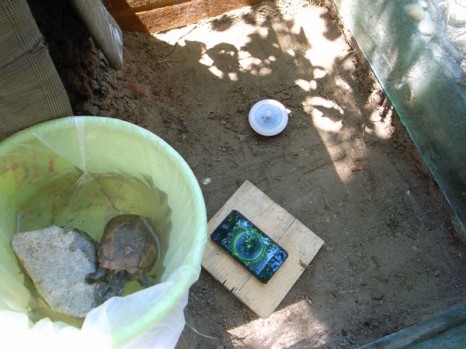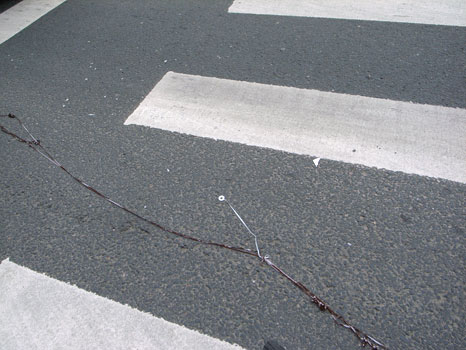Dis-oriented ?

Here are some questions that we could relate to the tracing issues we talked about yesterday…
How do we communicate? 1/part
This question involves communication with other humans, but also with our surrounding environment. Which means also to consider how we orient ourselves in our environment. We talked yesterday about how autistic children seem to feel natural phenomenon such as magnetism and water, which could mean that they somehow communicate with their environment through the perception of signs or feeling that we don’t necessarily perceive. Yet, and this is very much obvious while we visit foreign countries, and especially, for western people, countries like china or Japan, where you can’t understand most of the urban signs and sometimes the urban structures, which capacities are involved, which signs are being read, recognized, interpreted, how is urban environment read? And how are people getting the resources to orient themselves? How do they communicate with surrounding environment, with signs, with humans, with maps? And also, how do the learn to cope with the feelings that disorientation creates?
I certainly feel that the capacity of observing, guessing, reading the urban environment has been strongly developed during my trips in china. It’s a very simple example, but when I was in Istanbul and Italy with my friends, I could feel the difference between us by the way I could easily find what I was looking for, by constantly reading the signs, etc. This capacity of keeping my eyes open comes essentially from chinese experiences.
Are we allowed to get lost? 迷路了吗 ?
Yet, the question is what is going to happen with GPS becoming popular? Are we paradoxically going to lose completely our capacity to orient ourselves? Because we’ll become lazy, will we lose this capacity to read our environment? And will we lose also these unexpected encounters, the serendipity that is somehow allowed by disorientation and that constitutes the core of urban life? Disorientation isn’t a way to keep out of routine, a way of looking at things in a pretty different way? Getting a fresh look on things and allow us to be surprised. Maybe the possibility // the ability to get lost is the difference between traces and maps.
 image of small turtle waiting while swimming tool is made level using Samuel KALIKA’s handy iPhone level application.
image of small turtle waiting while swimming tool is made level using Samuel KALIKA’s handy iPhone level application.

 时间 posted on: 25 August 2011 |
时间 posted on: 25 August 2011 |  发布者 author:
发布者 author: 
 分类 filed under:
分类 filed under: 